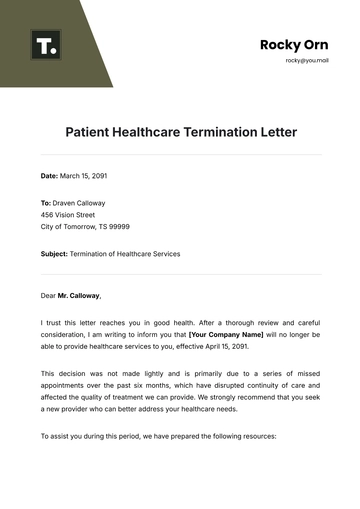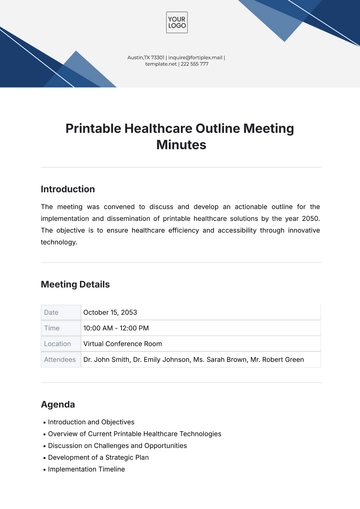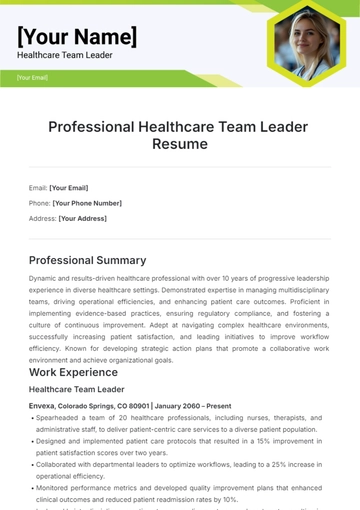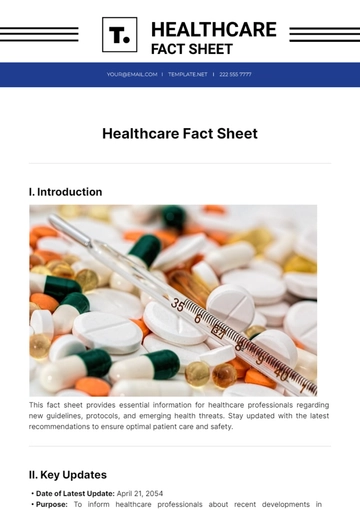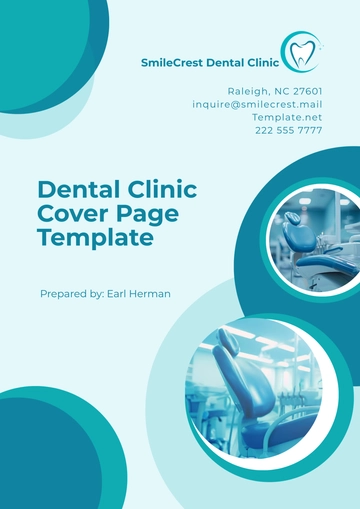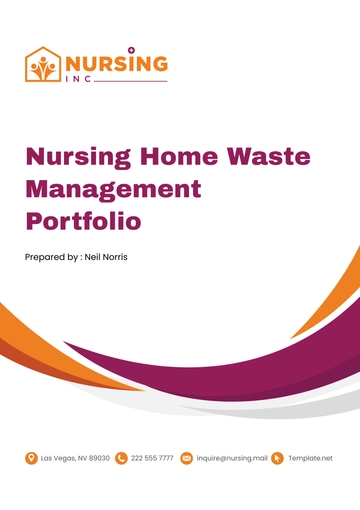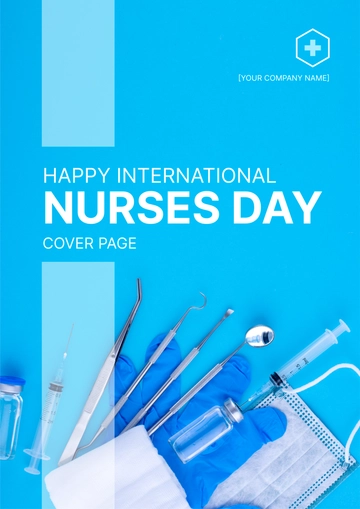Free Clinical Observational Study
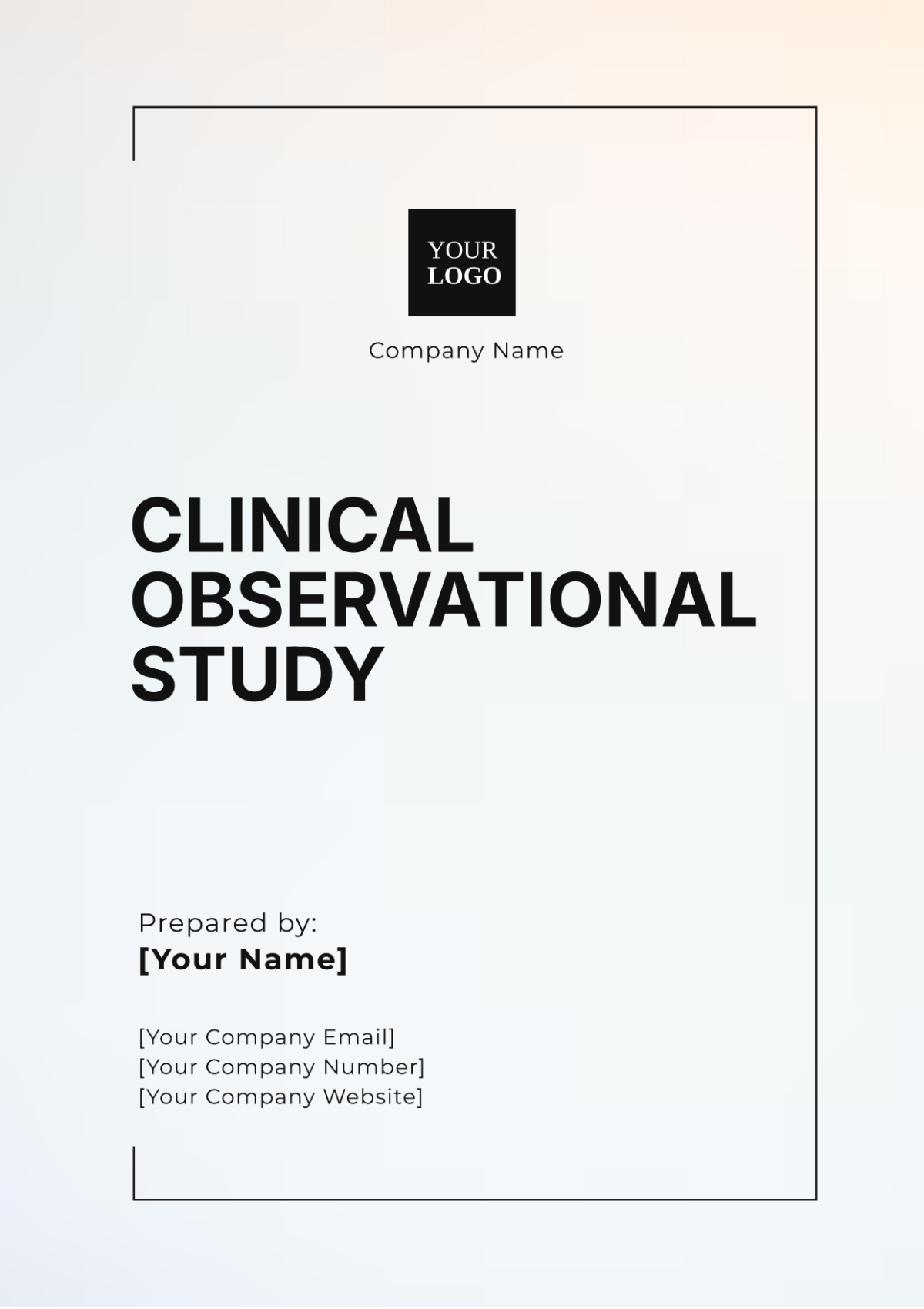
Prepared by: [Your Name]
Date: [Date]
1. Abstract
This Clinical Observational Study explores the long-term outcomes of various treatment strategies for managing hypertension. The objective is to evaluate the effectiveness and safety of different antihypertensive medications in a real-world setting, identify patterns in treatment adherence, and assess the impact of lifestyle factors on blood pressure control.
2. Introduction
Hypertension is a prevalent condition that requires effective management to reduce the risk of cardiovascular diseases. Despite the availability of various antihypertensive medications, there is a need to understand how these treatments perform in everyday clinical practice. This study aims to provide insights into treatment outcomes, adherence rates, and the influence of lifestyle factors on hypertension management.
Study Objectives:
Assess the effectiveness of different antihypertensive medications.
Evaluate treatment adherence and its impact on blood pressure control.
Explore the role of lifestyle factors in hypertension management.
3. Methods
3.1 Study Design
This observational study employed a cohort design, following patients diagnosed with hypertension over two years. Participants were recruited from multiple outpatient clinics to ensure a diverse sample.
3.2 Participants
A. Inclusion Criteria
Adults aged 18 and above.
Diagnosed with hypertension (systolic BP ≥ 140 mmHg or diastolic BP ≥ 90 mmHg).
Prescribed antihypertensive medication.
B. Exclusion Criteria
Secondary hypertension.
Severe comorbid conditions that could interfere with study outcomes.
3.3 Data Collection
Medical Records Review: Collected information on patient demographics, medication types, dosage, and treatment duration.
Patient Surveys: Assessed adherence to medication and lifestyle factors, including diet and exercise habits.
3.4 Statistical Analysis
Data were analyzed using descriptive statistics to summarize patient characteristics and treatment outcomes. Comparative analysis was performed to evaluate the effectiveness of different medications and adherence levels.
4. Results
4.1 Patient Demographics
Characteristic | Value |
|---|---|
Total Participants | 500 |
Mean Age | 58 years |
Gender Distribution | 45% Male, 55% Female |
Average Duration of Hypertension | 6.5 years |
4.2 Medication Types and Outcomes
Medication | Number of Patients | Mean BP Reduction | Adherence Rate |
|---|---|---|---|
ACE Inhibitors | 150 | 18 mmHg | 85% |
Beta Blockers | 130 | 15 mmHg | 80% |
Calcium Channel Blockers | 120 | 20 mmHg | 78% |
Diuretics | 100 | 17 mmHg | 75% |
4.3 Lifestyle Factors and BP Control
A. Dietary Habits:
Low-sodium diet: 60% of participants
Average BP reduction: 22 mmHg
B. Physical Activity:
Regular exercise (≥150 minutes/week): 50% of participants
Average BP reduction: 19 mmHg
5. Discussion
5.1 Effectiveness of Medications
The study found that calcium channel blockers had the highest mean reduction in blood pressure compared to other medications, although adherence rates were slightly lower. ACE inhibitors and diuretics showed similar effectiveness with slightly higher adherence rates.
5.2 Impact of Adherence
Higher medication adherence was associated with greater reductions in blood pressure. The findings highlight the importance of patient education and support to improve adherence.
5.3 Role of Lifestyle Factors
Both dietary modifications and regular physical activity significantly contributed to better blood pressure control. Patients adhering to a low-sodium diet or engaging in regular exercise achieved greater reductions in blood pressure compared to those who did not.
5.4 Limitations
Observational Nature: The study design does not allow for causative conclusions.
Self-Reported Data: Adherence and lifestyle factors were self-reported, which may introduce bias.
5.5 Future Research
Further studies could focus on randomized controlled trials to validate these findings and explore the long-term benefits of combined lifestyle interventions and medication adherence.
6. Conclusion
This Clinical Observational Study provides valuable insights into the effectiveness of various antihypertensive medications and highlights the critical role of medication adherence and lifestyle factors in managing hypertension. The results underscore the need for comprehensive patient education and personalized treatment strategies to improve outcomes in hypertension management.
7. References
Smith, J. et al. (2051). Hypertension Management: A Review of Current Strategies. Journal of Clinical Hypertension.
Brown, A. & Green, L. (2050). Lifestyle Factors and Blood Pressure Control: A Systematic Review. American Journal of Preventive Medicine.
Johnson, R. (2052). The Impact of Adherence on Hypertension Outcomes. Hypertension Research.
- 100% Customizable, free editor
- Access 1 Million+ Templates, photo’s & graphics
- Download or share as a template
- Click and replace photos, graphics, text, backgrounds
- Resize, crop, AI write & more
- Access advanced editor
Streamline your research with the Clinical Observational Study Template from Template.net. This fully editable and customizable template is perfect for organizing and presenting your study data. Easily tailor every section to your needs using our Ai Editor Tool, ensuring accurate and professional results. Ideal for efficient, detailed, and effective clinical documentation.








